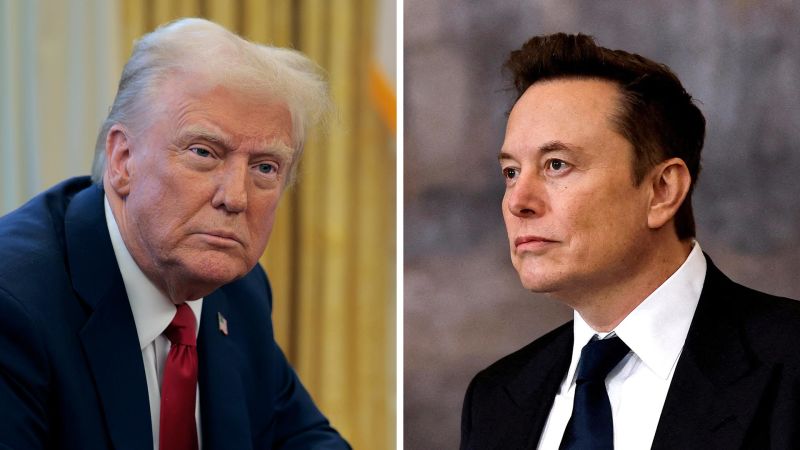The Trump administration, spearheaded by allies like Elon Musk, is employing a strategic approach to achieve its goals of dismantling government agencies. Rather than outright abolishing agencies, they are putting them into a state of inactivity by sidelining staff, halting operations, and initiating reviews. Key agencies under scrutiny include the Consumer Financial Protection Bureau (CFPB) and the US Agency for International Development (USAID), both facing significant disruptions and staff reassignments.
The Department of Education is also in the crosshairs, with plans to diminish its functions through executive action. Trump aims to delegate more power to states in managing education systems, criticizing the current state of US schools. Furthermore, the administration’s freeze on foreign aid and potential layoffs of federal workers are causing global ripple effects and concerns about the US withdrawing from international leadership roles.
The battles over foreign aid, consumer protection, and education highlight the administration’s efforts to reshape government agencies. While challenges and legal disputes lie ahead, the administration’s tactics of reorganization and workforce changes are reshaping the landscape of federal agencies. The push to decentralize power and streamline functions reflects a broader agenda of redefining governmental roles and responsibilities. As these dynamics unfold, the future of key agencies and their critical functions remains uncertain amidst evolving political landscapes and legal challenges.

